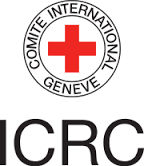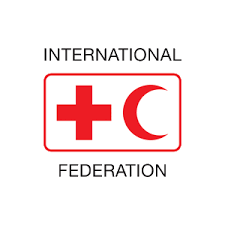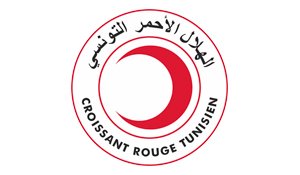The Red cross Red crescent Movement /information Needed
The International Federation of Red Cross and Red Crescent Societies (IFRC) is the world's largest humanitarian organization, providing assistance without discrimination as to nationality, race, religious beliefs, class or political opinions.
Founded in 1919, the IFRC comprises 190 member Red Cross and Red Crescent National Societies, a secretariat in Geneva and more than 60 delegations strategically located to support activities around the world. There are more societies in formation. The Red Crescent is used in place of the Red Cross in many Islamic countries.
The IFRC vision: To inspire, encourage, facilitate and promote at all times all forms of humanitarian activities by National Societies, with a view to preventing and alleviating human suffering, and thereby contributing to the maintenance and promotion of human dignity and peace in the world.
The international committee of the red cross (ICRC) is an impartial, neutral and independent organization whose exclusively humanitarian mission is to protect the lives and dignity of victims of war and internal violence and to provide them with assistance.
During situations of conflict, the ICRC is responsible for directing and coordinating the Movement's international relief activities. It also promotes the importance of international humanitarian law and draws attention to universal humanitarian principles.
The Tunisian Red Crescent (TRC) is one of the national societies of the International Red Cross and Red Crescent Movement. Founded in 1956 after after the independence of the country, the TRC is highly involved and deeply engaged in the humanitarian field in Tunisia. IT invests in the basic departments between dissemination of the principals, the international humanitarian law and a culture of non-violence, health awerness, First Aid training, community empowering and disaster response.
Based on 7 fundamental principles :
-Humanity: Its purpose is to protect life and health and to ensure respect for the human being. It promotes mutual understanding, friendship, cooperation and lasting peace amongst all peoples.
-Impartiality: It makes no discrimination as to nationality, race, religious beliefs, class or political opinions.
-Neutrality: In order to continue to enjoy the confidence of all, the Movement may not take sides in hostilities or engage at any time in controversies of a political, racial, religious or ideological nature.
-Independence: The National Societies, while auxiliaries in the humanitarian services of their governments and subject to the laws of their respective countries, must always maintain their autonomy.
-Voluntary service: It is a voluntary relief movement not prompted in any manner by desire for gain.
-Unity: There can be only one Red Cross or one Red Crescent Society in any one country. It must be open to all. It must carry on its humanitarian work throughout its territory.
-Universality: The International Red Cross and Red Crescent Movement, in which all Societies have equal status and share equal responsibilities and duties in helping each other, is worldwide.






